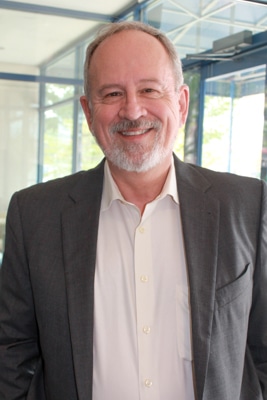
Douglas Bish
Degrees & Studies
B.M., University of the Pacific; M.M., University of Oregon; Artist Diploma in Clarinet, Vienna Music Academy (Austria); D.M.A., Boston University
Division
Dean, Prep Theory, Clarinet, Chamber Ensembles
Music Conservatory of Westchester
Faculty since 2006
Born In
Menlo Park, California
Performances & Distinctions
Solo and recital appearances throughout Europe, the Middle East, Canada, Australia, and the United States. Principal clarinetist with such ensembles as the Charlotte Symphony Orchestra, Charlotte Philharmonic, Charleston (SC) Symphony, ALEA III (Boston), American Chamber Winds, Northwest Clarinet Quartet, Keystone Wind Ensemble, Tanglewood’s Fromm Festival, and on Broadway. A recording contract with the Austrian National Radio. A music faculty member at Boston University, the Boston Conservatory of Music, the University of North Carolina at Charlotte; and Dean at Indiana University of Pennsylvania and City College of San Francisco. Clarinet student of William Dominik, Robert Vagner, Rudolf Jettel (Vienna Philharmonic) and Pasquale Cardillo (Boston Symphony). Conducting a study with Hans Swarovsky. Dr. Bish has conducted professional, community, and academic orchestras and wind bands around the world, and high school All-State, Area All-State, and Regional bands and orchestras in seventeen of the United States. Formerly the Conductor of the Chamber Orchestra of the Music Conservatory of Westchester, he currently serves as the Conservatory’s Dean of Students and Faculty.
Teaching Philosophy
“Sharing the benefits of music study with another individual is a chance to connect on a personal level through an artistic medium respected and revered throughout history. Over the years, I have taught a few students who were so passionate about their study of the clarinet that they were driven to become professional musicians, and several have succeeded in achieving that goal. But for most of my students, learning about music through the study of their instrument is the best way ultimately to develop an appreciation of music, and all the arts, in a deeper and more meaningful way than the person who has not committed themselves to this practice. Music is largely responsible for shaping my life and my perception of the world, and sharing this with others through the clarinet or saxophone, by teaching orchestral conducting, coaching chamber music, or conducting bands and orchestras continues to be my great privilege. From my own experience, I know that studying music changes lives for the better, often profoundly, and every day in this wonderful career as a music teacher I consider to be a gift.”

